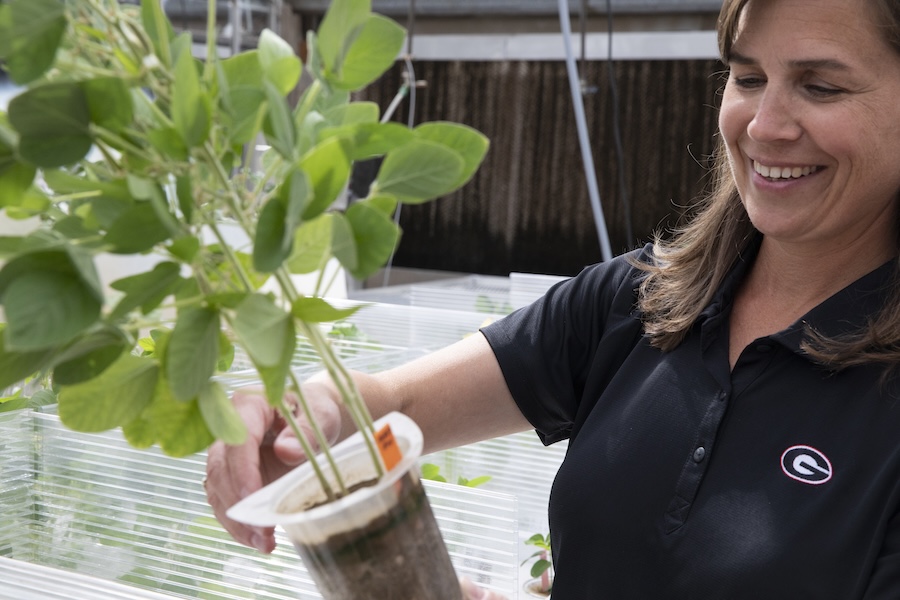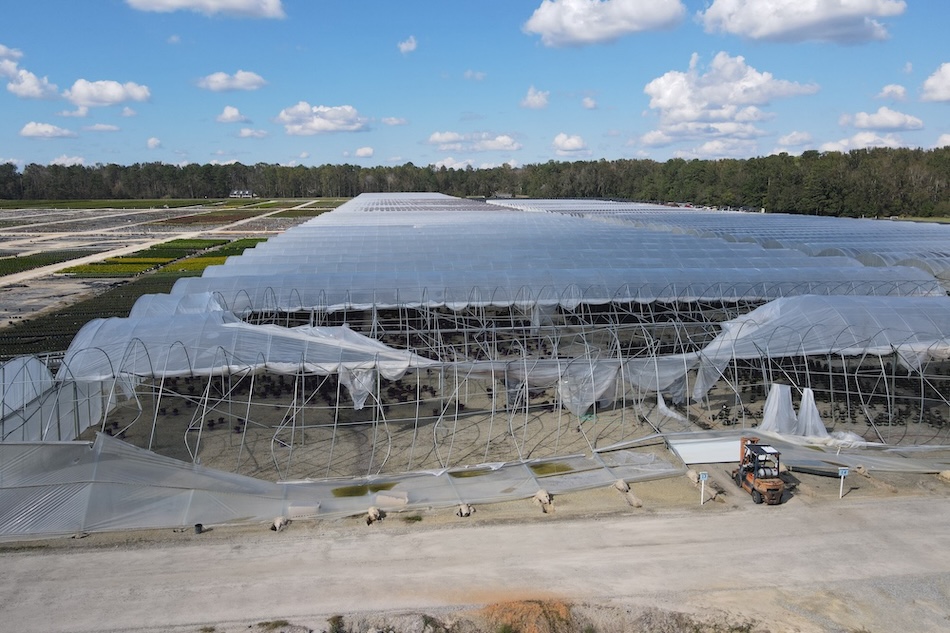By Sharon Dowdy
University of Georgia
Many more cases last year
Last year, 55 cases of WNV were confirmed in Georgia. People tend to think about mosquitoes in May, but Gray says the peak period for WNV transmission in Georgia is August through September. “The cool nights may slow down their development, but we aren’t out of the woods yet,” said Gray. “We’ve gotten through the summer. It’s officially fall, but don’t let your guard down yet.” Melanie Pawlish, a UGA graduate student working with Gray, recently found high populations of the southern house mosquito in urban creeks in the Atlanta metro area.Perfect mosquito habitat
The state is drying out from the tropical storm rainfall, but water is still standing in storm drains and creek-side pools, Gray said. Dry conditions allow standing water in these systems to putrefy and become nutrient rich. These conditions are ideal for the southern house mosquito. "Heavy rainfall is needed to flush out the storm drains” and wash away the mosquito larvae, Gray said. But rain would fill buckets, tires or other things that hold rainwater, too, or places where the Asian tiger mosquito likes to grow. Storing rainwater to irrigate outdoor plants is water wise, but it creates a perfect backyard habitat for this mosquito, he said.Empty water-catchers
Gray calls Asian tiger mosquitoes "nuisance" mosquitoes. They don’t typically carry WNV, but they show up in backyards and at picnics or other social gatherings. “I’ve found that tires are dry now and that’s indicative of the conditions here,” he said. Both the southern house and Asian mosquito are found throughout the state. "If you live on the coast or your property backs up to a swamp, you could have one of several other species," he said. If he had a choice, Gray would choose to see heavy rainfall and high populations of Asian tiger mosquitoes. "I'll take a few bites over a case of encephalitis any day," he said. "Mosquito-vectored diseases can be a really serious health problem for you and your family." No matter which species of mosquito you encounter, Gray recommends wearing light-colored, loose clothing and using insect repellant according to the manufacturer’s label. Make sure window and door screens fit properly and don’t have holes or tears. As night time temperatures cool, screening is the first line of defense to prevent mosquito home invasions.





